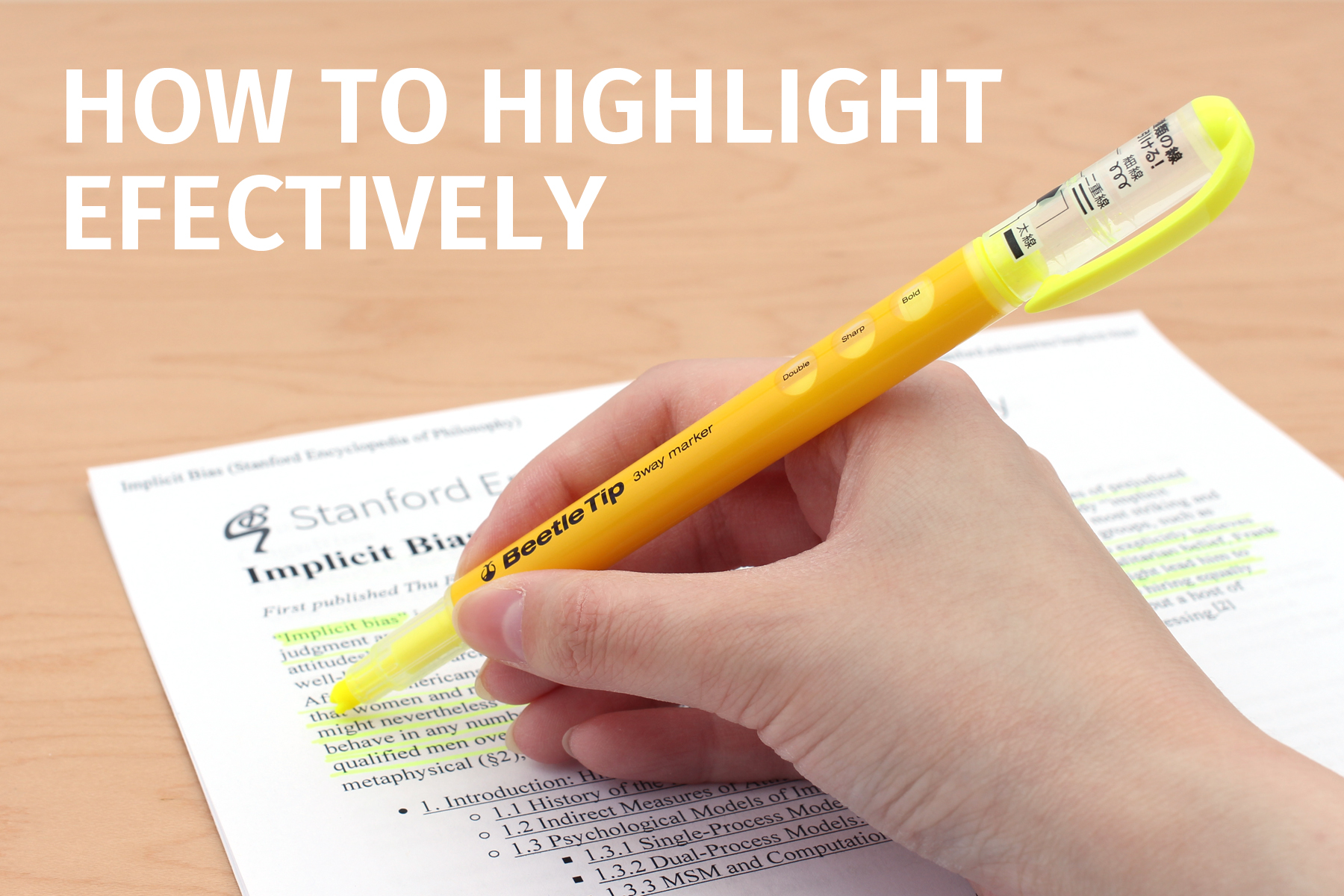Tips for Highlighting Research Skills

Highlighting research skills effectively can make a significant difference in job applications, academic pursuits, or any situation where your research abilities are relevant. Here are some tips for effectively showcasing your research skills:
-
Tailor Your Resume or CV:
- Customize your resume or curriculum vitae (CV) to highlight research experiences, projects, and skills relevant to the position or opportunity you're applying for.
- Use specific examples and quantifiable achievements to demonstrate your research abilities.
-
Create a Research Portfolio:
- Develop a portfolio showcasing your research projects, publications, presentations, and other relevant works.
- Include descriptions of your research methodologies, findings, and contributions to highlight your expertise.
-
Use Action Verbs:
- Use action verbs to describe your research experiences and accomplishments.
- For example, instead of saying "Conducted research," you could say "Designed and executed a comprehensive research study investigating..."
-
Quantify Your Achievements:
- Quantify the impact of your research whenever possible.
- For instance, mention the number of participants in a study you conducted, the size of the dataset you analyzed, or any significant findings or contributions resulting from your research.
-
Highlight Transferable Skills:
- Identify and emphasize transferable skills developed through research, such as critical thinking, problem-solving, data analysis, and project management.
- Connect these skills to the requirements of the position or opportunity you're pursuing.
-
Include Relevant Keywords:
- Incorporate relevant keywords and phrases related to research skills and methodologies into your resume, CV, or online profiles.
- This can help your application get noticed by applicant tracking systems (ATS) and recruiters searching for candidates with specific research expertise.
-
Provide Specific Examples:
- Provide concrete examples of your research experiences, including the objectives of the research, the methodologies employed, your role and contributions, and any outcomes or results achieved.
- Use STAR (Situation, Task, Action, Result) or CAR (Challenge, Action, Result) format to structure your examples for clarity and impact.
-
Highlight Publications and Presentations:
- If you have published research articles, presented at conferences, or contributed to academic journals, highlight these achievements prominently.
- Include citations or links to your publications or presentations if available.
-
Demonstrate Collaboration Skills:
- Highlight any experiences collaborating with peers, professors, or professionals on research projects.
- Describe your role within collaborative research teams and emphasize your ability to work effectively in multidisciplinary or diverse environments.
-
Be Honest and Accurate:
- Ensure that your descriptions of research experiences and skills are truthful and accurate.
- Avoid exaggerating or embellishing your capabilities, as this can be misleading and ultimately undermine your credibility.
By following these tips and effectively highlighting your research skills, you can increase your chances of success in academic, professional, and other pursuits where research expertise is valued.
Thank you,
